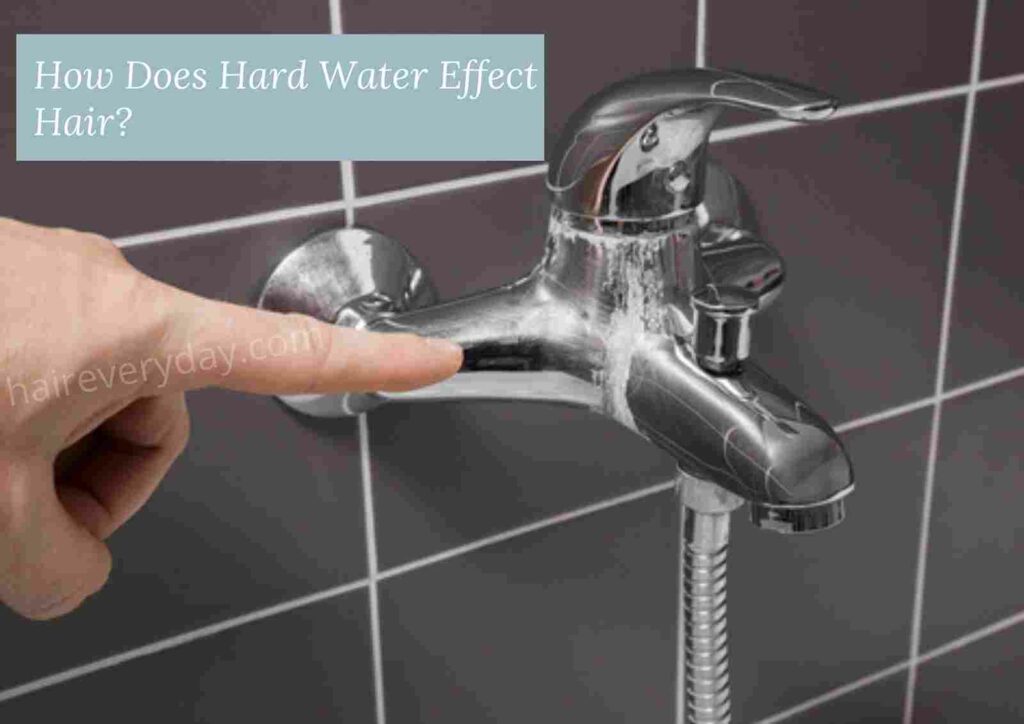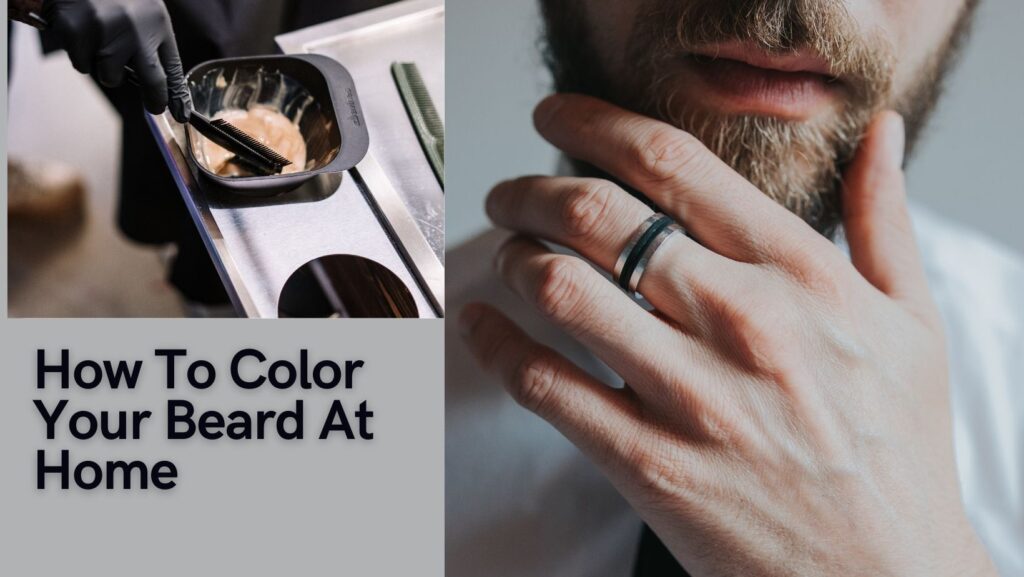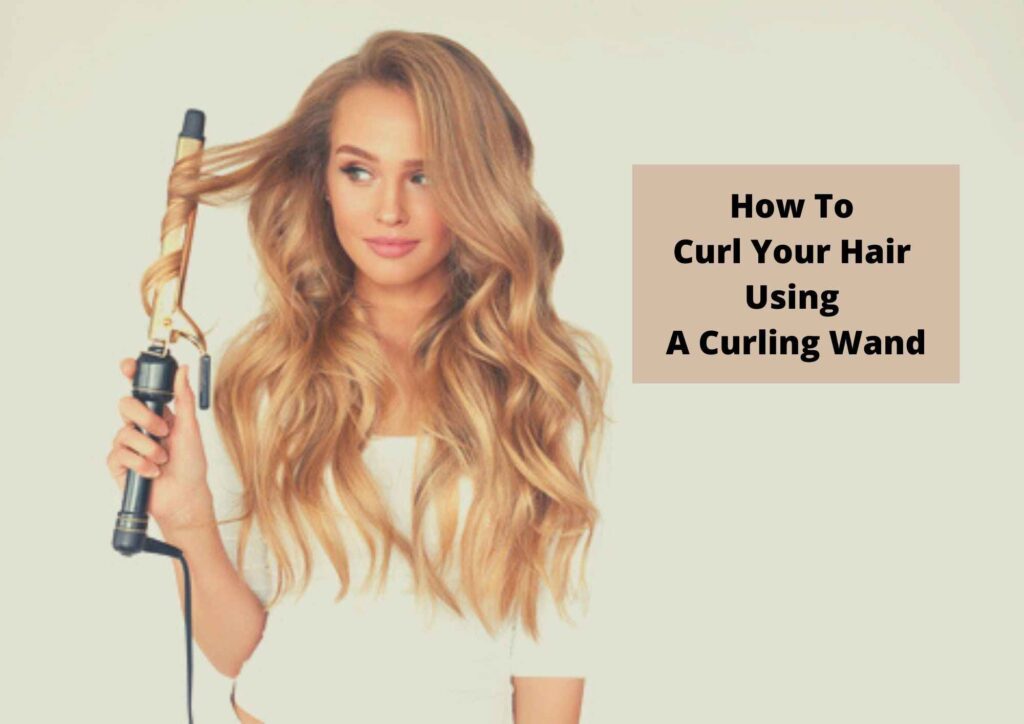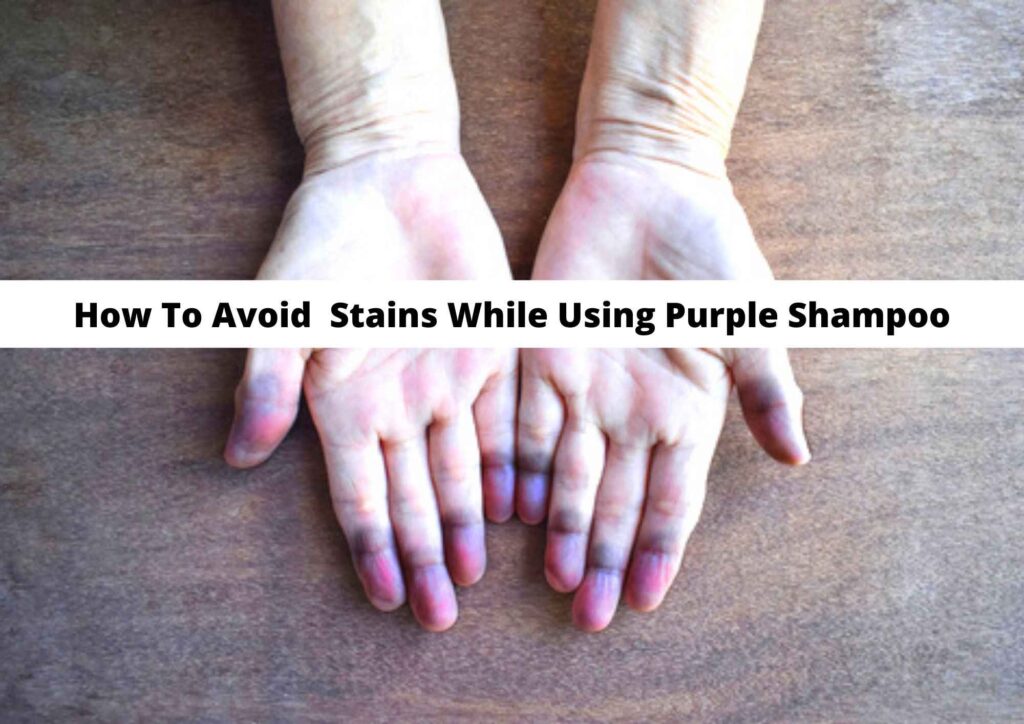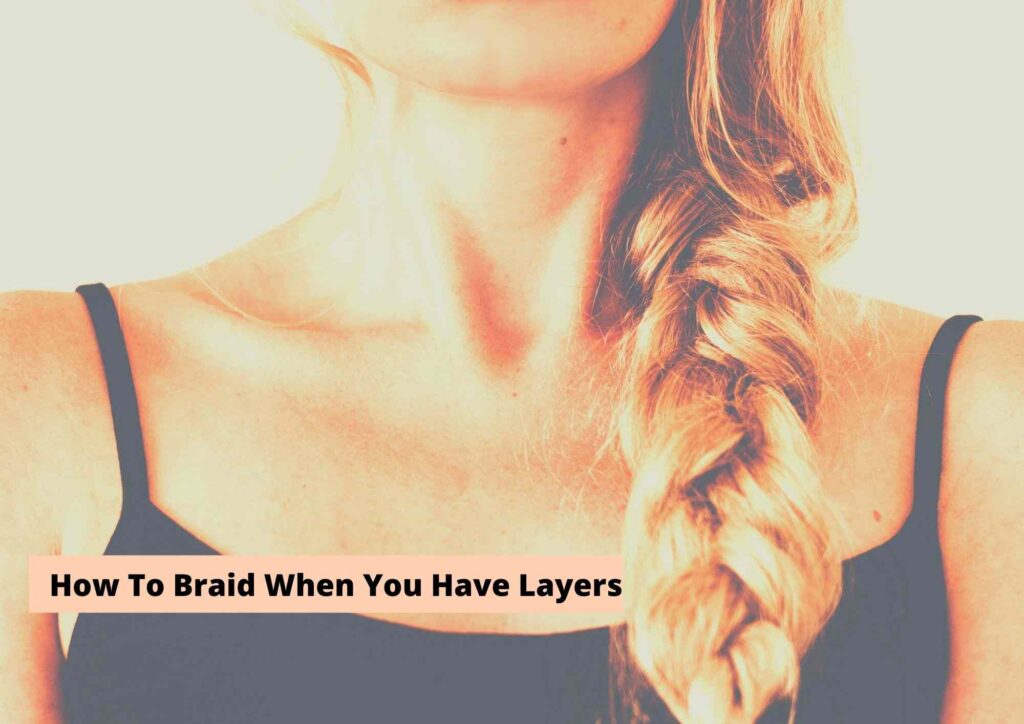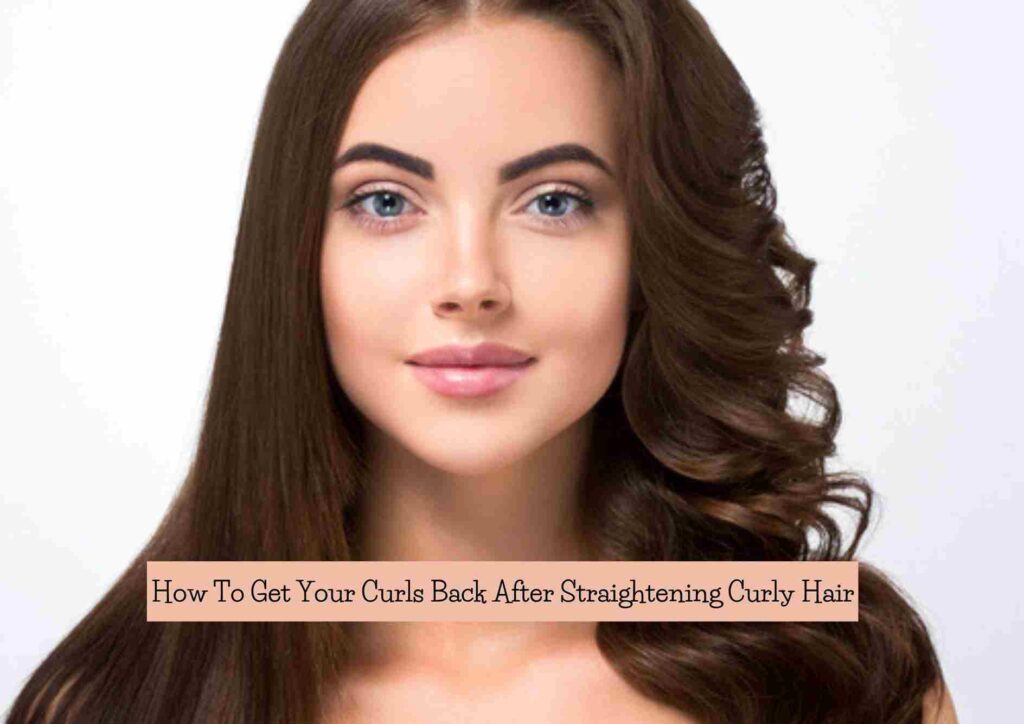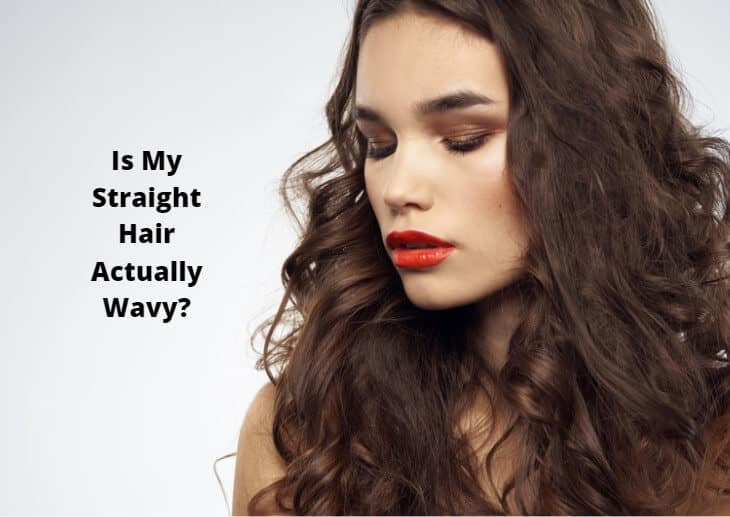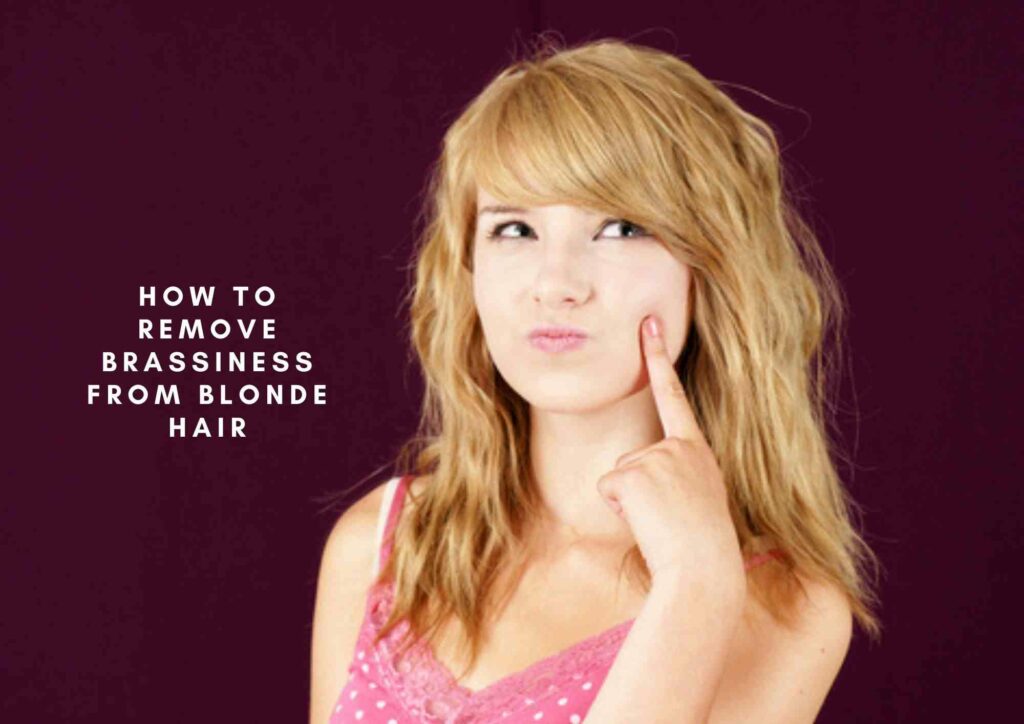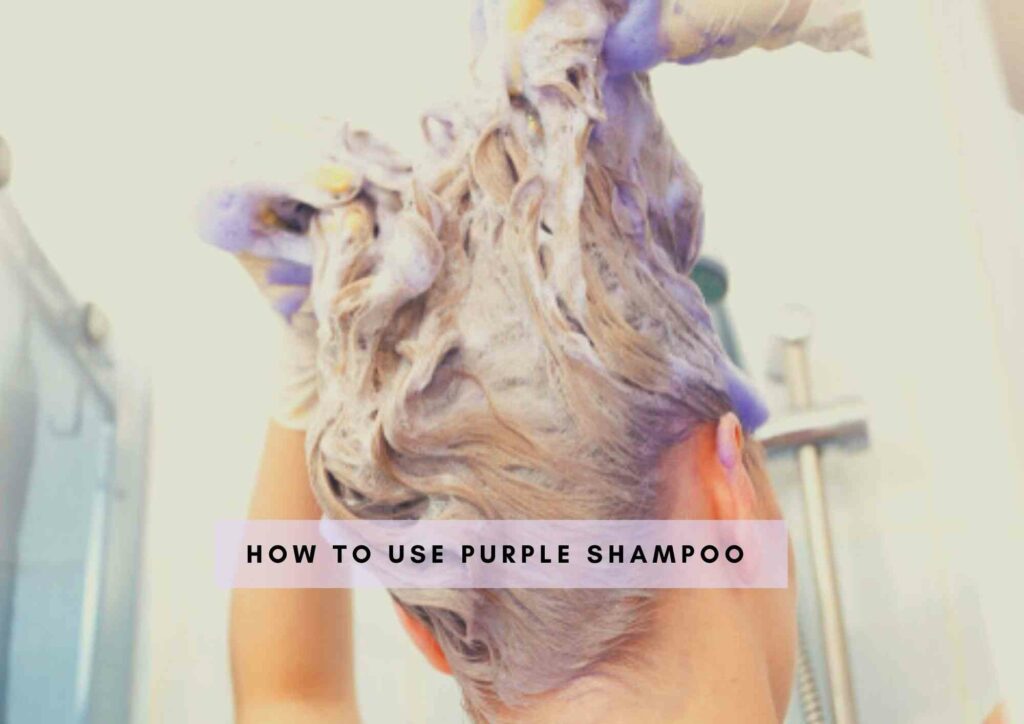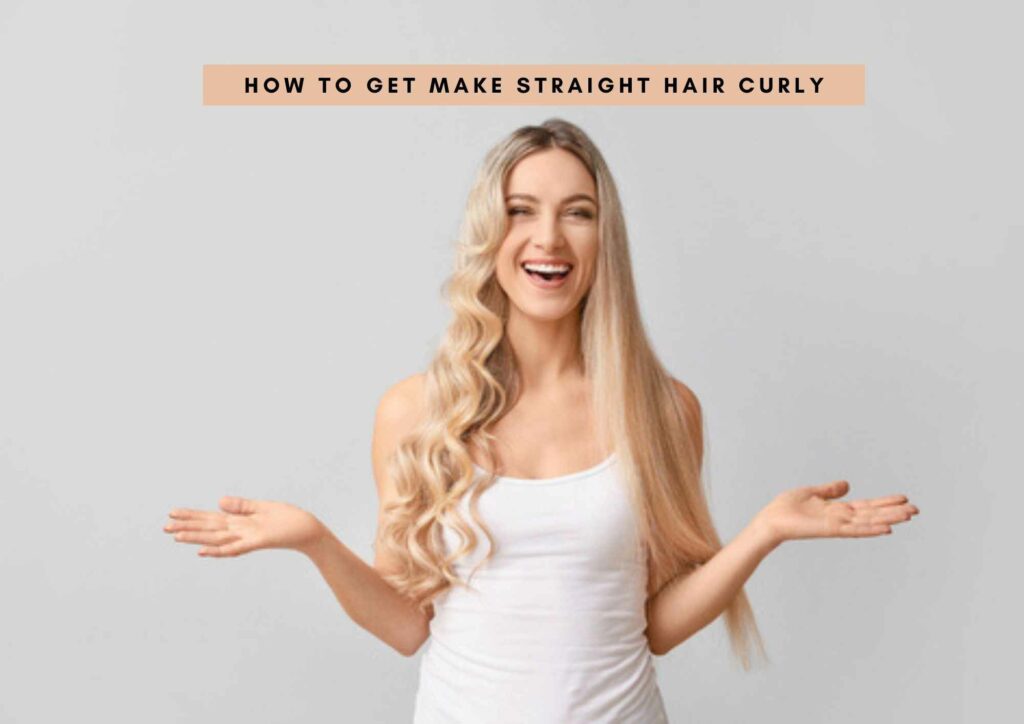Learn what are the hard water effects on hair and how to reverse the effects of hard water on hair using home remedies like apple cider vinegar, etc.
Has it occurred to you that the reason your shampoo doesn’t lather well, could be because you’re using hard water to wash your hair?
From hair loss, to dry and damaged hair to making your hair stand limp, hard water can be the root cause of all these problems.
What exactly is hard water?
When water has a very high content of minerals like magnesium, chlorides, salts, copper, iron etc, in each water molecule, then that water is called hard water. While hard water is not objectively bad it can have adverse impact on hair health. (Sengupta, Pallav. “Potential health impacts of hard water.” International journal of preventive medicine vol. 4,8 (2013): 866-75.)
It is important to note that all rain water is actually soft water (or water that doesn’t contain any mineral deposits).
But over time, this rain water seeps into the layers of the earth and eventually absorbs these minerals.
So when this water comes through our taps at home and we use it, it affects our hair.
Hard Water Vs Soft Water
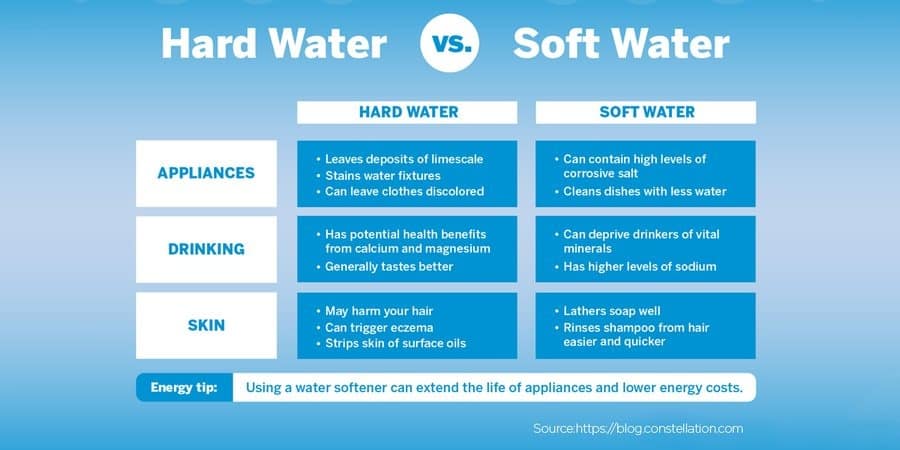
A lot of people may have this question in your minds – how do I know if the water I use is hard water?
Well, there are some indicators that you could look for to check if the water you are using is hard water or not.
Firstly, if you are using hard water to wash your hair (or even just your hands for that matter), you will find it hard to get your soap or shampoo to lather up.
This will not happen in the case of soft water, because any cleansing agent lathers up easily in soft water.
You will also find a difference in the taste of the water you are drinking. Hard water has a really distinct taste as compared to soft water (yes, hard water actually has a “taste”, a weird one).
Hard Water Effects on Hair
As I mentioned earlier, hard water has a heavy content of minerals and when we wash our hair with that water, these minerals enter into our hair strands and this is because they make the hair cuticles more prone to opening up.
Once these minerals enter into our hair strand, it can affect the hair in many ways. Check out what are the hard water effects on hair and how you can prevent it.
1. It can clog the hair follicles and inhibit hair growth
Using hard water can inhibit proper hair growth and this is because hard water contains the mineral calcium.
When hard water is used on our hair, this calcium mixes with the shampoo and forms a layer of scum on our scalps, clogging the hair follicles and getting calcified (or hardened).
Therefore, there will not be sufficient blood flow to the hair follicle to produce new hair, thus inhibiting hair growth.
So what to do about this? Clarifying shampoos made for hard water work both ways. While they are very helpful in breaking through the hard water mineral buildup and cleansing the hair, it can also strip the hair off all its natural oils in the process.
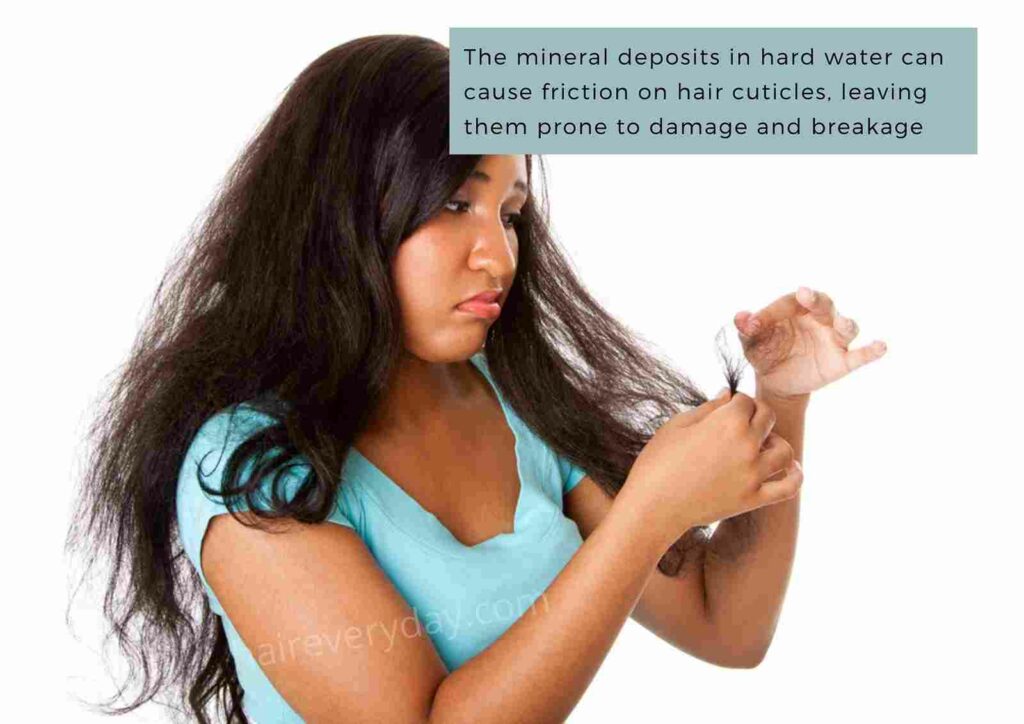
2. Can weigh the hair down
When we use hard water on our hair, there can be a possibility that the mineral deposits from the hard water get deposited onto our hair and form a coating around the hair strand.
These mineral deposits also combine with the dirt, oil and buildup on our scalp and make the hair look greasy and weighed down.
When the hair is weighed down, it will result in hair that looks dull, lifeless and stands limp.
For those using hard water to wash their hair, they will find it very hard to make their hair achieve a nice voluminous look.
3. It can strip hair dye color-treated hair
Hard water is an enemy to those with color-treated hair because it will make the color fade much earlier than it is supposed to.
This is because the mineral deposits in the water can alter the color, either discoloring it or causing it to fade.
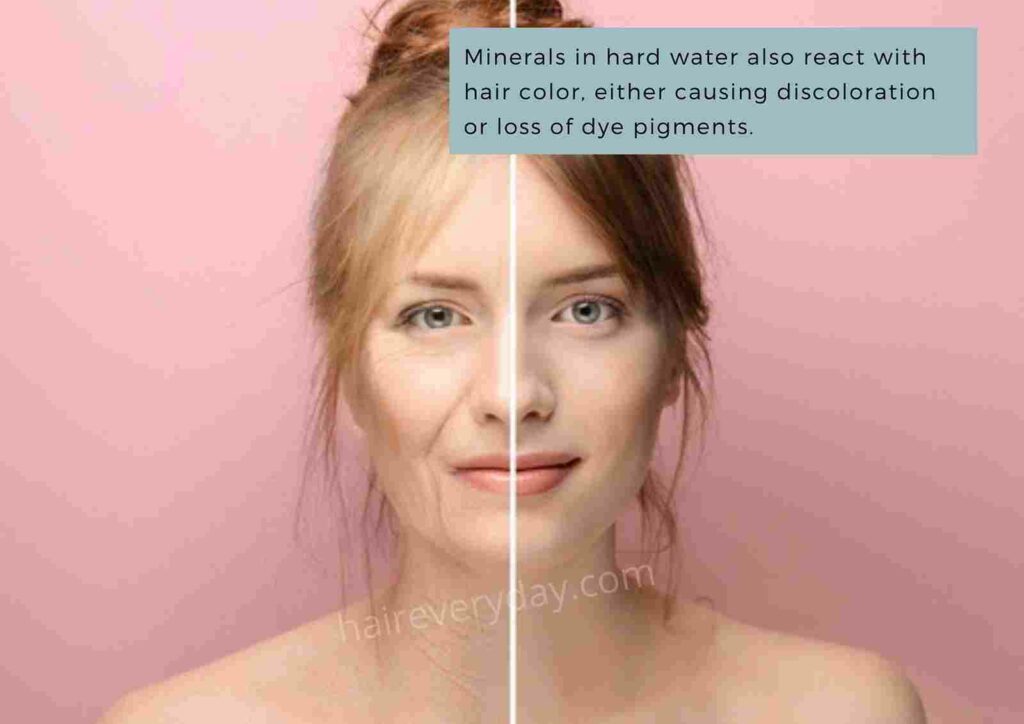
4. Makes the hair feel greasy
There are many ways as to how hard water can make the hair feel greasy.
Hard water will make it harder for moisture to enter into the hair, which could lead to over-conditioning the hair resulting in it becoming greasy.
If hair becomes greasy, people tend to overwash it; stripping the hair off its existing moisture and making it dry, in turn stimulating the sebaceous glands to overproduce sebum.
When the sebum mixes with the mineral deposits from the hard water, it can make the hair look greasy.
5. Makes hair prone to breakage and hair loss
A lot of people who use hard water to wash their hair find that their hair loss is relatively more. Well, this is because hard water makes the hair become dry and brittle.
When the hair is dry, it becomes more prone to breakage and hair fall.
So just to put it out there, hard water will not have a direct effect on your hair falling out, but it makes the hair prone to breakage, which indirectly is the cause for the hair loss.
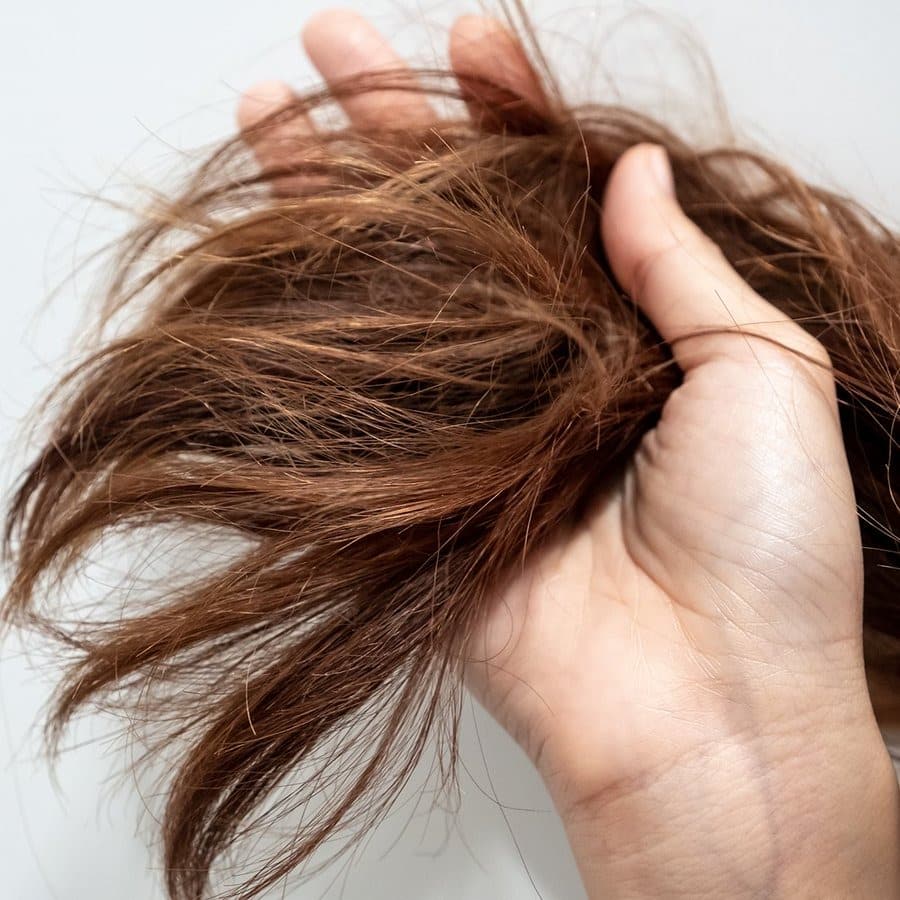
6. Hard water can cause the hair to become frizzy
Hard water can be one of the main causes of hair frizziness because the minerals in hard water coat the hair with a mineral buildup.
This will make it harder for conditioners and moisturizers to enter into the hair shaft and over time, our hair will begin to dry out and become frizzy.
7. It can stain bleached blonde hair green color
Hard water can be a menace to those with blonde or even light-coloured hair. This is mainly because the minerals in the hard water tend to stick to the protein bonds in our hair strands.
Over time, it makes the hair have a greenish tinge.
Now the same effect can take place irrespective of hair color, but fortunately, the greenish tinge will not show on darker hair shades as compared to the lighter ones.
8. Can make hair look brassy
A lot of people with blonde or light hair colors complain of hair brassiness and this could be because of the hard water they use to wash their hair.
The mineral deposits in the hard water are responsible for coating the hair shafts, making light hair turn brassy with hues of yellow or orange.
Frequently Asked Questions
1. Should I use a chelating shampoo or a clarifying shampoo for hard water?
Yes, you can either use a chelating shampoo or even micellar water, instead of a clarifying shampoo as they are both helpful in getting rid of the mineral buildup on the hair.
Also, they are less damaging to the hair as compared to a clarifying shampoo.
Chelating shampoos and micellar water too can be used around once every two weeks at the max and of course, do not forget to moisturize your hair after.
2. Can I use a lightweight hair oil to protect hair from hard water?
Since hard water can make the hair become greasy and stand limp, using a heavy oil will only weigh down the hair further.
Why You Should Trust Haireveryday?
The author of this article, Leah Marie Priest has a degree in Cosmetology with years of experience in dealing with hair care, scalp care, and hairstyling. As someone who extensively deals with all kinds of hair textures, products, styling methods and more, hair Leah Marie knows what kind of products and procedures suit each hair type and person. We have also tested these hair products and processes ourselves to provide you an unbiased review about every product. Each of our articles are also reviewed by a team of medical professionals so that you get the most accurate and expert-reviewed information.
The final takeaway about the effects of hard water on hair
I hope this article has helped you figure out the effects of hard water on your hair and the various methods to reduce and prevent its damage.
Always remember to keep your hair well moisturized and use only lightweight hair products to moisturize your hair, use natural or sulfate-free shampoos.
And of course, if possible, install a good water filter at home.
Also Read:
To Summarize

